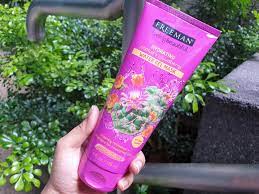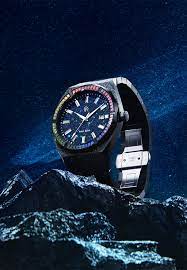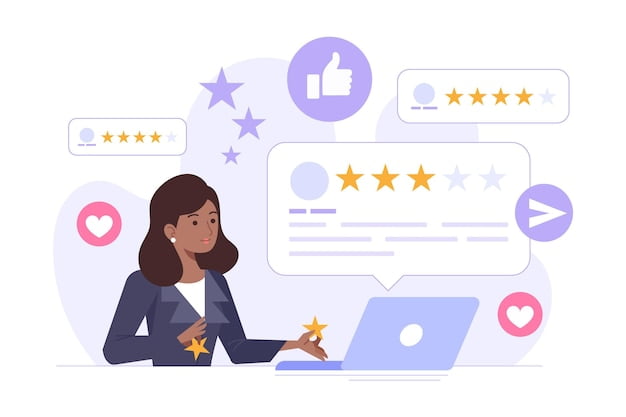
Music industry people claim to know tech, and people who work at technology companies say they understand music. Regardless of how true that is in either case, it’s clear that music and technology are continuing to converge in entirely new ways in the 21st century. But there’s no way anyone can understand how music and tech work together without examining culture, the unifying, nebulous piece between them. After all, no matter how much a business spends on cultural marketing, culture still belongs to humans, not companies — and authentic cultural production happens on a street level, not in a conference room.
“Do It for the Culture”
Carmen Rizzo, producer, artist and artist relations manager at Native Instruments, a tech company that develops software and hardware for music production and DJing, tells Billboard, “Culture could be where you’re raised or the environment you’re from, but I think a lot of people are using the term as more of a trendy word, sort of a fad or fashion.”
Sometimes it seems the word is bereft of meaning in 2017. Derek Ali (MixedByAli) of TDE (Kendrick Lamar, SZA, ScHoolboy Q) laughed when asked if he was “doing it for the culture,” recalling a recent conversation he had with a friend in A&R around the topic. Derek, a 27-year-old who hacked tech and music in high school by deconstructing ringtones and selling them to his friends, defines culture as diversity
“The Best Technology Always Derives From a Real Need”
Concert buyer-turned-music agent James Rubin tells Billboard that in his 15 years of buying and selling live music, he’s found that “culturally-relevant artists have the ability to do anything they want because people are buying into who they are and what they stand for.” Rubin, who represents Travis Scott, Wiz Khalifa and Run the Jewels at WME, is confident that “music will always dictate the culture because it has the capacity to change how you feel, think and the way you look at the world.”
As the first in his crew to have an iPod, Dan Feldstein, music lover and co-founder of media consultancy Salt + Vinegar, learned early that technology adapts to our needs — “consumer behavior drives innovation,” he points out. “Think about it: the average person listens to about four hours of music a day,” Feldstein says. “The iPhone came from the iPod and the iPod was invented because there wasn’t a way to carry around your music library. The best technology always derives from a real need.”
Exclusivity vs. Open-Source
Technology advances quickly in large part because of its widely-used open-source cultural model, which encourages an environment where information is shared for the sake of innovation. But with more companies favoring exclusive content, that creates conflict.
“You can go to any tech conference, and for instance, see a senior technologist from Netflix talk about the large-scale challenges they face, how they approached and solved them, and maybe along the way they’ll release some open-source software they designed to help,” explains Aaron Murray, co-founder of music tech consultancy 0utside and influential open-source firm, Fractal. “Thought leaders in tech are blogging about this stuff, they’re releasing software, arguing about it on Twitter and having open dialogue,“ Murray says. But arguably, the barrier of exclusivity in the music industry removes what culture is at its root — a shared experience. Jane Shin, a writer and artist connector who built Soundcloud’s first Artist Relations Program, describes sharing as a large part of what defines culture, saying “things like social practices, language and behavior — whatever we share that leads to us connecting more, is culture.”
What Musicians Say
Hollis Wong-Wear, singer/songwriter of the Flavr Blue, suggests “there is no culture without music — it’s the only thing that can gather hundreds of thousands of people in a field aside from a political coup.” Music is social glue — in church, at sporting events, in your Lyft or local bodega.
Ollie Chanin, a singer, songwriter and producer from Brooklyn who is now based in Los Angeles, reminds us that one of the first things people ask each other when they meet is, “What kind of music do you like?” “Musical taste seems to be essential in building trust with someone — it’s a huge factor, truly an indication of what the person is like and who and what shaped them,” Chanin explains. “Music gives us common ground and allows for any two people to have shared experiences and bond in a way that is completely and beautifully unique.”
As we face a world where music and technology are more intertwined than ever before, the combined force is propelling us into a paradigm shift only visible to those who find value in the glue — culture. This shared experience is rooted in a collective understanding, a willingness to be open, to create, to learn, to engage and to listen.
Source:-billboard








